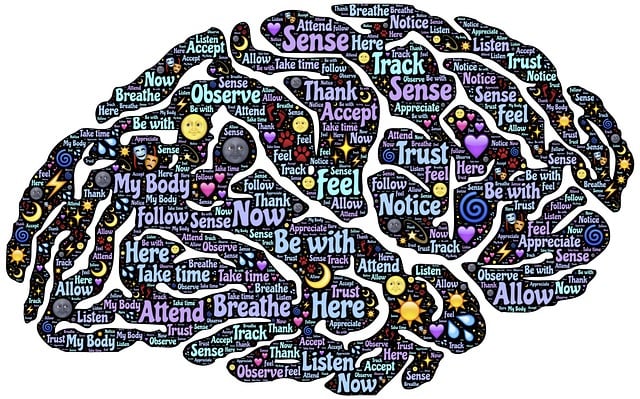Superior Gender Identity Therapy (GIT) is a specialized, holistic approach combining emotional regulation, mental health education and mindfulness meditation to help individuals traumatized by gender identity issues. This safe-space therapy addresses internalized shame, fear and dissociation, focusing on building self-esteem, resilience and effective coping strategies. Through tailored interventions, clients gain insights into their trauma while developing a positive self-image, ultimately healing and leading fulfilling lives with enhanced care quality achieved through feedback-driven iteration.
Trauma support services play a pivotal role in healing individuals affected by traumatic experiences. This article explores the intricate relationship between trauma, gender identity, and mental health, focusing on Superior Gender Identity Therapy as a key component of effective trauma-informed care. We delve into the impact of trauma on diverse gender identities, discuss the unique challenges faced by survivors, and provide strategies for implementing and enhancing trauma-sensitive practices within therapeutic settings, emphasizing the importance of specialized approaches like Superior Gender Identity Therapy.
- Understanding Trauma and its Impact on Gender Identity
- The Role of Superior Gender Identity Therapy in Support Services
- Effective Implementation and Continuous Improvement Strategies for Trauma-Informed Care in Therapies
Understanding Trauma and its Impact on Gender Identity

Trauma can significantly impact an individual’s sense of self, including their gender identity. Gender Identity Therapy (GIT) plays a crucial role in understanding and addressing these complex issues. Many individuals who have experienced trauma may present with questions or confusion about their gender, often as a result of internalized shame, fear, or dissociation. Superior GIT offers a safe space for exploration, allowing clients to process traumatic events and their effects on their identities.
Trauma’s impact can manifest in various ways, such as heightened anxiety, depression, or difficulties maintaining relationships. Mental Health Awareness emphasizes the importance of early intervention to prevent or mitigate these challenges. Self-esteem improvement is another key focus, as building resilience and a positive self-image are essential components of recovery. Through specialized therapy, individuals can develop coping strategies, enhance their support systems, and work towards healing and acceptance.
The Role of Superior Gender Identity Therapy in Support Services

Superior Gender Identity Therapy plays a pivotal role in enhancing trauma support services. This therapeutic approach is designed to address the unique needs of individuals navigating gender identity issues while coping with traumatic experiences. By integrating elements such as emotional regulation techniques, mental health education programs, and mindfulness meditation, therapists can create a safe and supportive environment that fosters healing and personal growth.
This holistic methodology recognizes the interconnection between gender identity, emotional well-being, and trauma. Through tailored interventions, Superior Gender Identity Therapy helps clients develop effective coping mechanisms to manage their emotions, gain insights into their traumatic experiences, and cultivate a positive sense of self. As a result, individuals receive comprehensive support that not only alleviates symptoms but also empowers them to lead fulfilling lives.
Effective Implementation and Continuous Improvement Strategies for Trauma-Informed Care in Therapies

Implementing trauma-informed care requires a strategic approach to ensure its effectiveness and continuous improvement in therapy settings. One key strategy is integrating Mind Over Matter Principles into treatment plans, empowering individuals to develop resilience and coping mechanisms that go beyond traditional talk therapy. This involves teaching clients practical self-care routine development for better mental health, such as mindfulness exercises, grounding techniques, and stress management skills, which can be particularly beneficial for those with traumatic experiences.
Additionally, fostering open and safe communication is vital. Therapists should establish clear guidelines for confidential sharing of personal histories, encouraging clients to express themselves freely while ensuring their safety and comfort. Regularly reviewing these processes, gathering client feedback, and adapting practices based on their insights are essential components of continuous improvement strategies. This iterative process allows for a more nuanced understanding of individual needs, ultimately enhancing the quality of care provided, especially in addressing complex issues like those related to Superior Gender Identity Therapy.
Trauma support services must be comprehensive, sensitive, and informed by evidence to effectively address the unique needs of individuals with gender identity issues. Integrating Superior Gender Identity Therapy into care frameworks ensures a holistic approach that respects the complex interplay between trauma and gender. By adopting effective implementation strategies and fostering continuous improvement in trauma-informed care, we can create safer, more supportive environments for all individuals, promoting healing and well-being.














